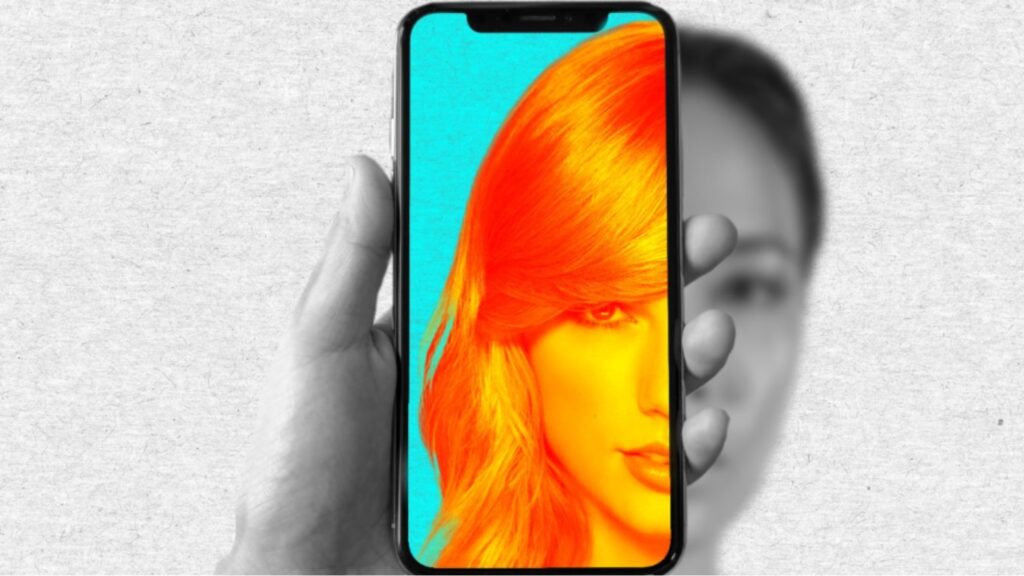Is AI Pushing Boundaries Or Killing Creativity?
Apr 3, 2024 | Pratirodh Bureau
AI technology is remarkable. But there are concerns about its benefits and ethical implications (Michael Joiner, 360info Credits CC by 4.0)
AI’s integration in the arts and creative industries sparks debates on ethics and innovation, challenging traditional artistic boundaries.
When the fifth and final instalment of the Indiana Jones movie, Dial of Destiny, was released in 2023, it sparked a humorous exchange between generations.
A millennial expressed interest in seeing the latest instalment but was met by a father’s bemused response: “Which Indiana Jones movie are you going to watch?”, emphasising the film franchise’s long history.
This bewilderment was warranted. In the opening scenes of the 2023 movie, audiences meet a noticeably younger version of Harrison Ford, reminiscent of his appearance in the 1980s films.
This de-aging effect was made possible by visual effects company, Industrial Light & Magic (ILM).
The creators claimed they didn’t rely solely on Artificial Intelligence (AI) or machine learning but instead used a comprehensive VFX tool called “ILM FaceSwap” alongside the expertise of more than 100 visual effects artists, yet questions remain about the growing use of AI in filmmaking.
It’s possible that the latest advances in AI technology could mean those visual effects artists may be redundant in the not-too distant future.
ChatGPT creator OpenAI has unveiled the first short films created using its new video AI tool Sora, with filmmakers describing the creations as “totally surreal”.
Early clips generated using the AI software show how it could take a simple written prompt and turn it into a realistic video of the scenario.
AI technology is remarkable. But there are concerns about its benefits and ethical implications, and how it can sometimes raise eyebrows.
AI is both a collaborator pushing the boundaries of artistic expression and sometimes seen as a potential threat to artists. The use of AI in film and television has been a contentious topic since last year’s Hollywood strikes, where writers and actors expressed anxieties about their future in the industry.
AI has the potential to revolutionise filmmaking by creating scripts and generating visuals. However, challenges include audience acceptance, legal uncertainties surrounding copyright, and the ethical implications of AI dominance in creative industries will still plague its use. We might even see deceased movie legends gracing the silver screens soon enough.
Despite advancements, AI has its limitations. Unlike AI, artists can draw on real-life experiences and challenge people to see complexities, identifying and confronting biases within arts and other media forms.
The ethical and philosophical challenges of AI extend beyond aesthetics. The recent controversy surrounding the British royal family’s poorly edited photo and questions about the authenticity of Princess of Wales, Kate Middleton’s cancer announcement video highlights these concerns.
The creation of sexualised deepfakes without consent, often targeting women and leaving them with lasting trauma, poses significant ethical and legal challenges, prompting a re-evaluation of existing laws and responses.
AI’s influence across these creative industries necessitates ongoing discussions to ensure responsible development and a future where human creativity and technological innovation can work cohesively.
